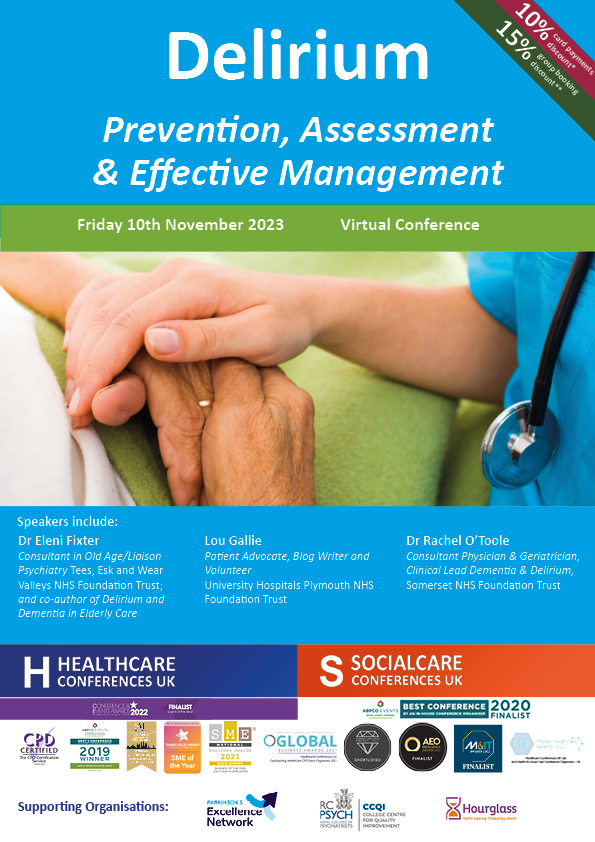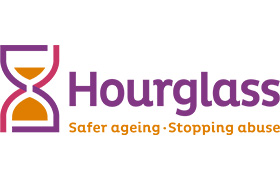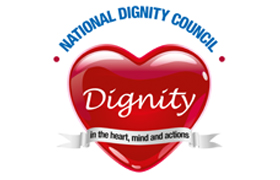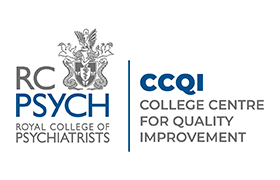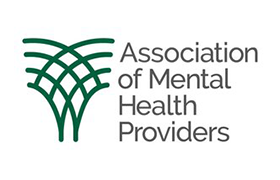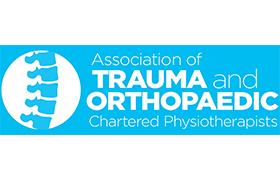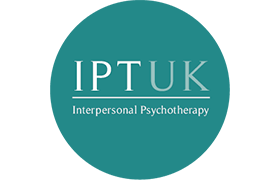Follow the conference on X #NHSDelirium
This conference focuses on the prevention, assessment and management of people with delirium. Through national updates and practical case studies the conference will equip you to spread the message that delirium is preventable, and develop your skills in the recognition, assessment and management of delirium. The conference will include case study sessions focusing delirium as a symptom of coronavirus and how this should be managed, delirium and dementia, delirium following surgery, delirium in the ICU and delirium at the end of life. There are also in depth sessions focusing on managing violent or aggressive behaviour in patients experiencing delirium and the link between delirium and pain.
The conference will also consider the update to the Clinical Guideline on Delirium: prevention, diagnosis and management.
“Delirium can be prevented and treated easily if identified early.”
NHS England
“Delirium causes a short term confused state and can develop over hours or days. It is a common condition. 20% of adults in hospital experience delirium, and 50% of people who have a hip fracture will experience delirium. Delirium is a sign of an underlying illness and is a medical emergency. Delirium will usually improve, once the underlying illness is treated.”
World Delirium Awareness Day 2024
“One in four patients over the age of 65 admitted to hospital as an emergency experiences delirium – a state of mental confusion that starts suddenly and is usually triggered by a physical condition. Delirium is highly distressing for patients and their carers and is known to be linked to long-term cognitive impairment and increased risk of death. However, it remains mostly undetected.”
The Landmark Study, University of Edinburgh
“Delirium in older adults often goes unrecognised by health care professionals and can be poorly managed.”
Health Education England
This conference will enable you to:
Network with colleagues who are working to improve practice in the prevention, recognition, assessment and management of people with delirium
Learn from outstanding practice in prevention delirium
Reflect on lived experience
Understand delirium as a symptom of coronavirus and how this should be managed, and what we can learn from the pandemic with regard to delirium management
Reflect on national developments and learning
Improve patient experience and support people with delirium
Develop the role of delirium champions
Understand latest evidence on the causes of delirium
Implement principles of assessment for those at risk of delirium and those presenting with symptoms
Reflect on the update to NICE guidelines on Delirium
Develop your skills in Early Assessment of Delirium through the use of Electronic Assessment for delirium
Explore the evidence and links between delirium and pain
Reflect on the use of a virtual delirium ward for patients with frailty
Understand how you can reduce confusion and delirium following surgery
Identify key strategies for improving psychological care of critical care patients with ICU associated delirium
Understand the role of a delirium outreach service in supporting patients at home with unresolved delirium
Reflect on the management of people in distress who are experiencing delirium
Learn from best practice in managing delirium at the end of life, and improving communication with patients and carers
Improve practice in the recognition and management of delirium in hospitals, the community and in care homes
Self assess and reflect on your own practice
Supports CPD professional development and acts as revalidation evidence. This course provides 5 Hrs training for CPD subject to peer group approval for revalidation purposes


